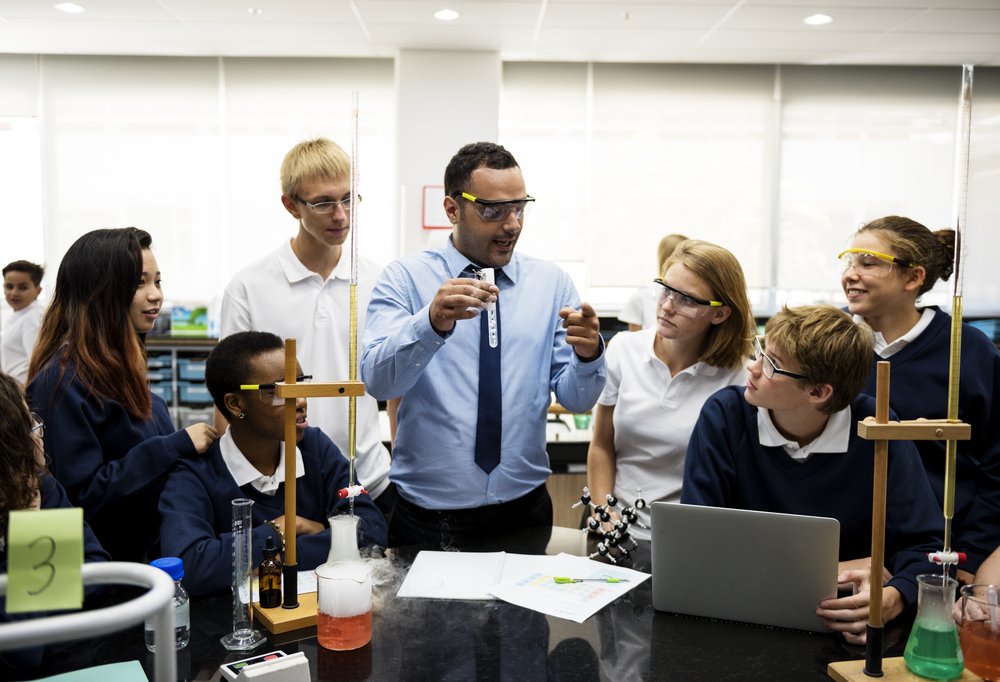The Department for Education has a reforming zeal. I say this neither in approval nor disapproval; it’s an observation. The spotlight turns to A levels. The headlines are that, if the reforms happen as intended, the new courses will be in place for first teaching from September 2013. This isn’t far off in terms of curriculum development programmes but let’s see what it might involve.
Some of the changes are unlikely to cause surprise. It looks as if we’re headed for exams only being held in June of each year and a limit on the number of papers. Most of the marks will come from external assessments and the papers will include extended written responses. Seeing how GCSEs have been reformed a lot of this, as Ernie Els might say, is all about the follow through.
There are some other elements that are, however, likely to cause the raising of eyebrows. It is proposed that universities will have a major role in approving proposals. On the one hand, why not? Isn’t this a ‘no-brainer’? A levels represent not the only but the most common route into Higher Education so why would one not want them involved? Well, two reasons. Neither of these support universities not being included but rather suggest that their role shouldn’t be overstated.
One is that A levels aren’t only a route into HE. Not all A level students are headed for university and it looks, from recent reports, as if the massive increases in university tuition fees are exacerbating this. A levels have to work as a precursor for other destinations as well as universities. The other reason is that I’m not entirely convinced that there is a common view between universities about what they want. If they do, I think it’s about skills and processes; they want potential undergraduates to be literate, numerate, good with ICT and capable of gathering evidence to develop explanations. More specifically they want problem solving skills, the ability to reflect critically and independent study skills. I’m absolutely with them on this; it’ll be interesting to see how the content of the courses is determined though.
There’s a question about the future of AS and A2 courses and whether they should continue as separate components. I’ll be honest here; I used to think this arrangement was unquestionably a good thing. As soon as it was introduced the proportion of A grades rose and my view was that students were much clearer about what A grade performance looked like having done an AS course. It also encourages a greater breadth of study post 16. All three of my own children did four AS levels, continued with three of them to A2 and picked up a different subject for AS in the second year. In each case, the one they dropped at the end of the first year probably wasn’t the one they would have predicted dropping at the outset.
However, I have to concede a counter argument and that’s that AS has become dominated by assessment. Students have to know how well they are doing but they should also love what they are doing and we may be limiting the ability of teachers to nurture that.
Ofqual are consulting on these questions now (the process closes on September 11th); to find out more and participate in the consultation go to: http://comment.ofqual.gov.uk/a-level-reform/


